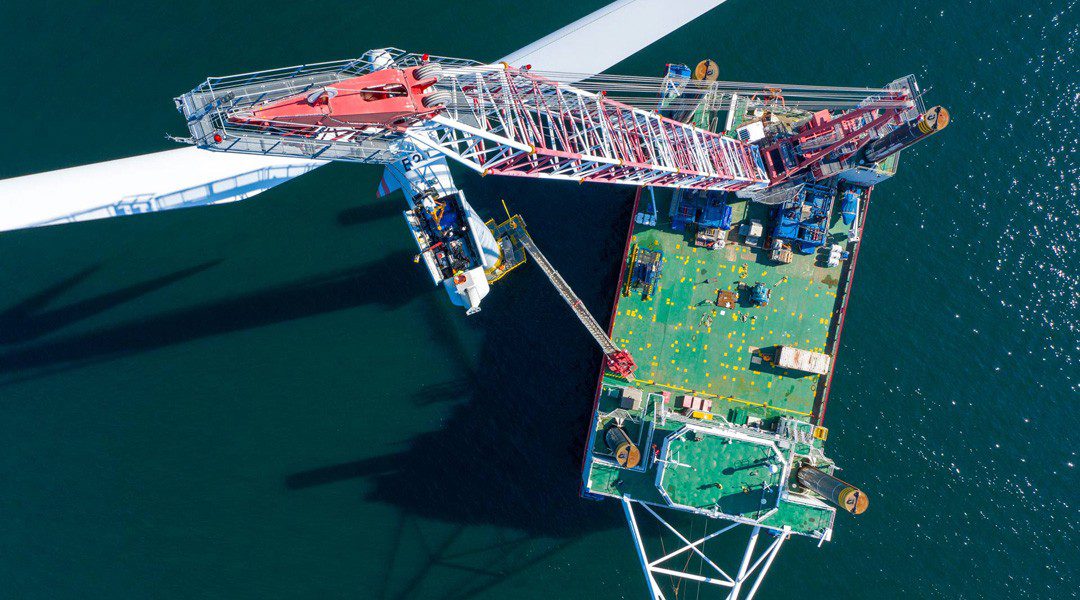According to a recent publication by Yonhap News Agency, the Busan Coast Guard has apprehended a refrigerated cargo ship flying the Russian flag, suspected of discharging waste oil into the waters near Busan and subsequently evading authorities. This operation followed an extensive four-day investigation that utilized drone surveillance, sample testing, and a comprehensive inspection of the vessel.
The incident came to light on September 24 when a diver reported observing “black oil of unknown origin” seeping into the sea near Cheonghak Riverside Park in Yeongdo-gu at approximately 9:57 a.m. The Coast Guard acted swiftly by deploying twelve anti-pollution vessels along with personnel specialized in marine pollution control to address the situation. Their containment efforts persisted until around 3:35 p.m.
During these operations, however, the suspected ship departed from the area. In response, authorities initiated an extensive investigation aimed at tracing both the spill’s trajectory and identifying its source.
Utilizing drones for real-time monitoring of the oil slick’s spread and movement patterns allowed investigators to pinpoint a 2,616-ton refrigerated cargo ship—designated as “K vessel”—as their primary suspect.
The investigative team collected water samples surrounding this vessel and compared them with samples taken directly from within it. The results confirmed that this ship was indeed likely responsible for the environmental breach.
A thorough examination over four days focused on various components such as engine rooms and piping systems revealed that waste oil had leaked during maintenance procedures due to an aging intermediate valve failure.
On September 27, following questioning, the chief engineer—a 41-year-old Russian national—acknowledged his involvement in this incident. He is currently under investigation without detention for breaching regulations outlined in the Marine Environment Management Act which holds both crew members and shipowners accountable for marine pollution incidents.
The Busan Coast Guard plans to assess costs incurred during containment efforts—including manpower and absorbent materials—and intends to seek reimbursement from both Mr. A (the chief engineer) and his employer for these expenses.
Hwang Seon-ju, who leads marine pollution prevention efforts at Busan’s Coast Guard division remarked on how challenging such cases can be due to requirements for matching evidence with precise leak sources aboard ships. He emphasized that this case exemplifies diligent investigative work combined with dedicated expertise in preventing marine pollution.





